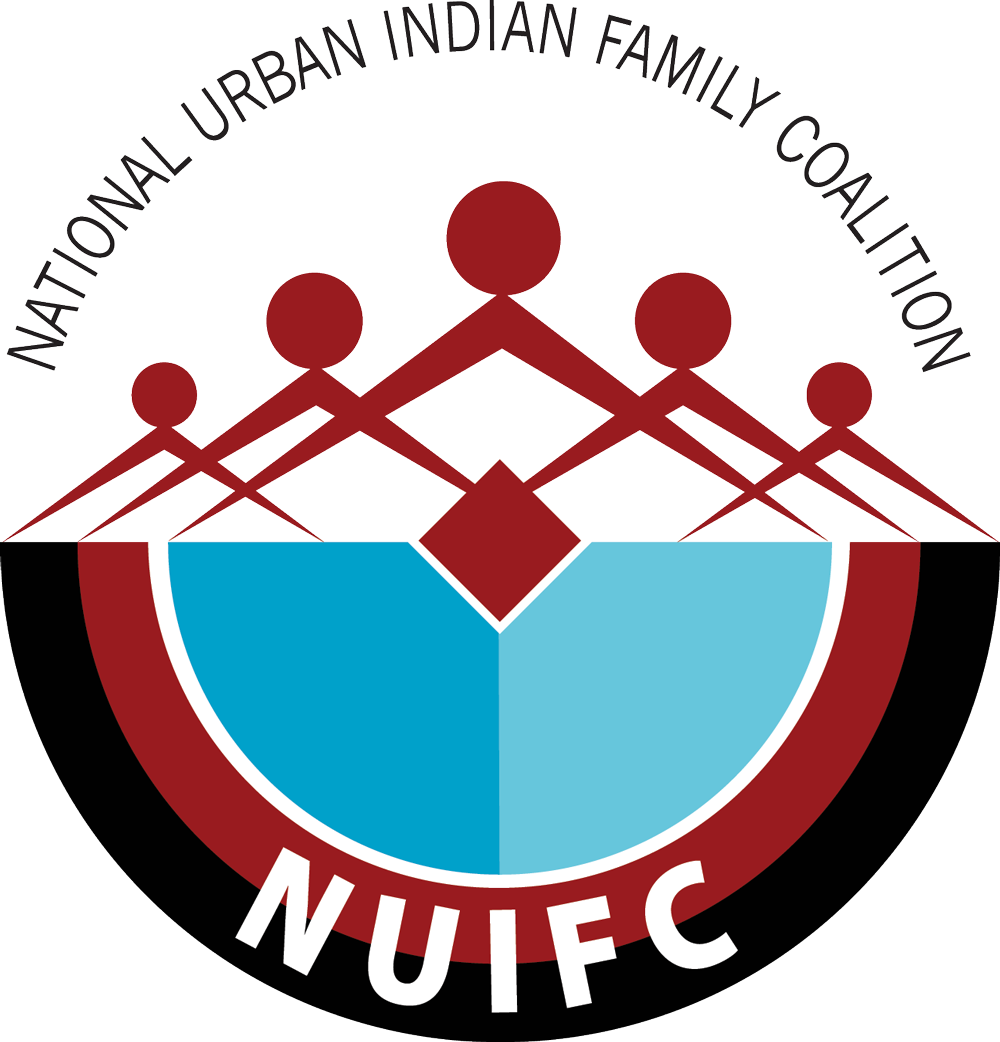NUIFC Newsletter // Executive Director Update & New Cohort Member
2024 in Retrospect, Embracing Core Cultural Values in 2025
A Message from Our Executive Director Janeen Comenote and Welcoming a New Cohort Member
Whew! What a year, right? 2024 was a whirlwind for the NUIFC and our member organizations. As an election year, we and our member organizations were in overdrive, highlighting representation as a cornerstone of contemporary life in the United States. In 2024, we proudly funded and supported 35 members for initiatives focused on civic engagement, digital equity, and education.
Reflecting on the achievements of 2024, we are filled with pride for what our network has accomplished. Here’s a snapshot of what the NUIFC and our members achieved this year:
Convenings and Gatherings: Hosted a national convening to foster collaboration and share best practices among urban Indian organizations in Las Vegas. This gathering provided our cohort space to discuss and refine their strategies, organize coordinated days of action, and receive training from national civic engagement organizations.
Funding Support: Distributed nearly $2 million to over 30 urban Indian organizations in areas such as democracy, digital equity, education, and general support.
Democracy is Indigenous (DII) Initiative: In 2024, the NUIFC funded 24 organizations across 18 states and D.C. to help mobilize the urban Native vote. Each organization created a unique integrated voter engagement strategy tailored to their community and helped connect with voters whom traditional efforts overlook.
Expanded efforts to ensure urban Native communities had a strong and informed voice in the political process.
Conducted voter education campaigns and supported voter registration drives in urban Native communities nationwide.
Developed resources to empower Native leaders in advocating for their communities.
Digital Equity: By funding 15 organizations across 13 states, the NUIFC’s Weaving our Web fund helps urban Native families access technology and digital tools to bridge the digital divide. This coalition of Native non-profits helped educate families about internet affordability options, invested in their community’s digital infrastructure, held trainings and workshops to improve digital literacy, and developed relationships with other non-profits and organizations.
Resurgence Practitioners Network: Supported educational inquiry incorporating cultural values and history, empowering the next generation of Native educational leaders.
Welcoming New Members: Welcomed Western Native Voices in Montana and the Native American Housing Alliance in Philadelphia, strengthening our network and reach.
As we look forward to 2025, the NUIFC is gearing up to bring all of our member organizations together to explore ways of integrating deeper core cultural values into our civic engagement work for our relatives in need. We will co-create with our member organizations strategies to meet the new year and define what it means to integrate the core cultural values into our collective work. Americans for Indian Opportunity articulated these core cultural values as the “Four R’s”:
Relationship (Kinship): In the most profound sense, we are all related. Humans are related both to each other and to all things.
Responsibility (Community): We have a duty to care for our relatives. Each human is accountable for the well-being of their kin, which includes our family, our communities, and the Earth.
Reciprocity (Interconnectedness) – Our relationships and responsibilities shape our roles in life and are reciprocal. We have a responsibility to reciprocate within our relationships.
Redistribution (Generosity): Our reciprocal relationships and responsibilities guide us to share our resources and help us to maintain balance. The collective and communal traditions of our ancestors teach us that wealth must be shared for the greater good of the whole. In contemporary society that includes the sharing of information, knowledge, and resources.
Additionally, in 2025, we will expand our Making the Invisible Visible project. This initiative will conduct in-depth research into our ecosystem of nonprofits and the communities they serve. These insights will not only inform our work nationally but also empower our member organizations locally.
Here’s to another year of care, growth, and collective progress. Together, we are making a difference!
Klecko Klecko (Thank you)
Welcoming the Native American House Alliance to the NUIFC
As the NUIFC builds on its mission to build the strongest possible coalition of urban Native non-profits, we are thrilled to welcome the Native American House Alliance in Philadelphia into the NUIFC family!
Founded in 2019, NAHA was created to promote awareness about the overlooked urban Native population and the community's long history in the city of brotherly love. The organization quickly grew from its advocacy focus into one that provides services and helps people learn about social programs they may qualify for, including a grant program that helps first-time homeowners purchase homes.
"If people are reading this story and learning about us, I hope they understand that if you need help we are here for you," says Cornelia Dimalanta (Lumbee), NAHA's Executive Director and Founder. "We don't turn anyone away that needs help, we are here for the community."
NAHA works out of an office next to the Delaware River, where people can use public computers, learn about different programs, or just relax and connect with other urban Natives. Currently, the organization has helped people get tribal and government IDs, access vocational training, apply for social services, and has helped connect women experiencing violence with support programs.
In the future, NAHA is fundraising to open a Native American history museum in Philadelphia, which would be the first of its kind. They've also created a documentary that captures the rich history of Indigenous people in the region and hosts annual pow-wows in the city. They've also been working with local officials to create a Native American Commission which would advocate and represent the community at a governmental level.
"We've found that too many people, including the government, think the Native population is gone, that we've all packed up and moved west, " says Dimalanta. "But that's not the real story, we are still here."





